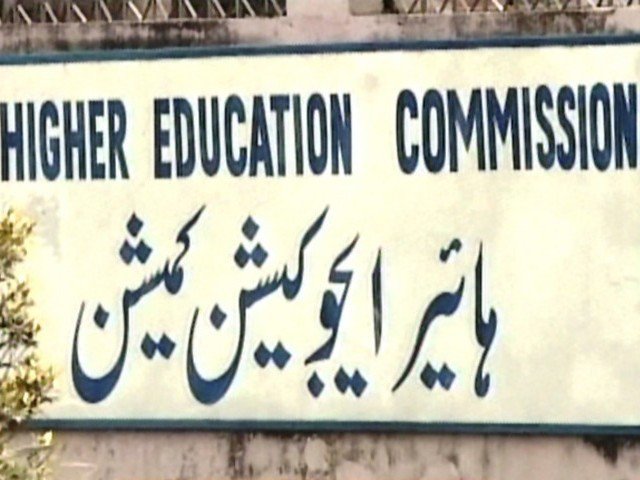
Vice Chancellors Committee while recognising the detrimental impact of proliferation in the number of institutions on the quality of education, advocated for an immediate halt to the establishment of new universities. They also underscored the importance of consolidating existing institutions to enhance efficiency and optimise resource allocation.
In a concerted effort to address the pressing challenges faced by the higher education sector, the Vice Chancellors’ Committee was convened for a two-day meeting in Islamabad with the participation of more than 160 public and private universities from across the country.
The gathering provided a platform for the university heads to engage in comprehensive discussions and formulate strategic initiatives to navigate the turbulent landscape of the country’s tertiary education.
The meeting was presided over by the Chairperson of the VCs’ Committee Dr Iqrar Ahmad Khan and was also attended by the Chairman Higher Education Commission (HEC) Dr Mukhtar Ahmad, Executive Director of HEC Dr Ziaul Qayyum and divisional heads of HEC.
The vice-chancellors of public sector universities unanimously voiced their concern over the financial challenges being faced by the universities.
Emphasising the pivotal role of financial resources in sustaining academic excellence, they called for immediate corrective actions by the government as well as by the management of the universities.
Furthermore, to streamline resource utilization, they stressed the need to curtail new development projects and redirect focus towards completing the ongoing projects particularly those in advanced stages of their completion.
While appreciating the Sindh government for a considerable increase in the budgetary allocation for higher education, the participants emphasised the significance of sustained financial support from provincial governments and urged other provinces to follow suit.
With a firm commitment to fiscal prudence, the vice-chancellors resolved to implement stringent measures aimed at cutting unnecessary expenditure within universities. The proposal to appoint financial experts as Treasurers in universities, instead of officers from the general cadre or faculty members, was also agreed upon.
The meeting also highlighted the importance of embracing e-governance solutions to streamline administrative processes, enhance transparency, and facilitate data-driven decision-making.
Acknowledging the need for diversification in revenue streams, the university heads underscored the importance of exploring novel approaches for resource generation.
They emphasised the potential of public-private partnerships, alumni engagement, and other possible initiatives to augment financial sustainability. There was also a consensus on the transformative impact of endowment funds in fostering academic excellence.
The participants agreed that the selection process for vice chancellors as well as faculty appointment criteria need to be thoroughly reviewed and that it should be aligned with the international best practices.
Similarly, there was a consensus on transition towards non-pensionable recruitments in the universities, aimed at mitigating long-term financial liabilities.
Considering the challenges being faced by HEC and the universities due to the functioning of two parallel systems of Tenure Track Statutes (TTS) and Basic Pay Scale (BPS) for faculty appointments, the meeting recommended that there is a dire need to develop a standardised performance-based faculty appointment service structure.
Under this proposed system, the appointments should be made exclusively through open competition and the performance of the faculty should be evaluated every year for monetary incentives.
The participants also acknowledged the fact that the research quality at MS and PhD levels requires special attention. They expressed concern over instances of unethical practices that compromise the validity and credibility of research.
They emphasised the importance of robust institutional frameworks for research ethics oversight, stringent anti-plagiarism measures, and programmes to raise awareness about the importance of academic honesty and adherence to ethical standards.
Published in The Express Tribune, March 26th, 2024.

1719315628-0/BeFunky-collage-(8)1719315628-0-405x300.webp)


1731329418-0/BeFunky-collage-(39)1731329418-0-165x106.webp)



1720030784-0/Smog-free-Lahore-(14)1720030784-0-270x192.webp)









COMMENTS
Comments are moderated and generally will be posted if they are on-topic and not abusive.
For more information, please see our Comments FAQ